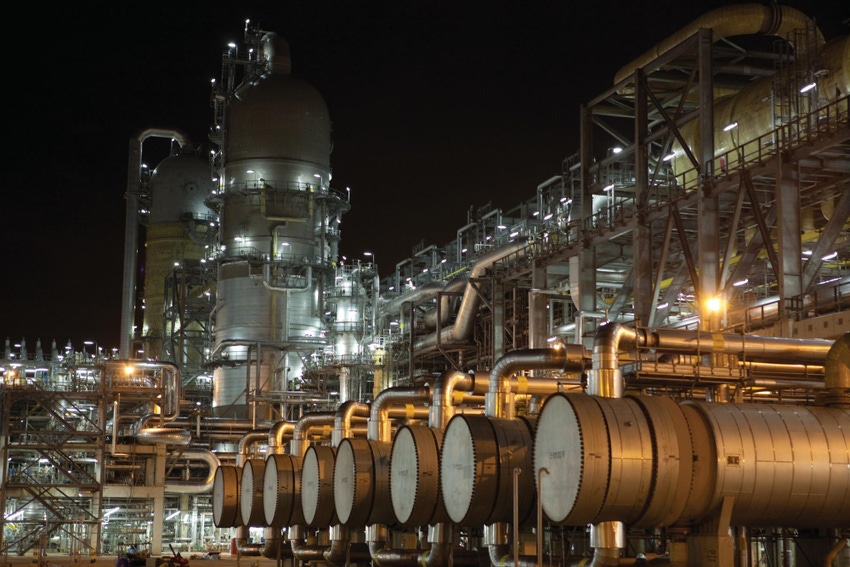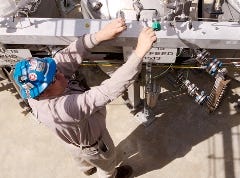Shell Chemicals (London) is moving forward in its efforts to commercialize a new process for the polycarbonate feedstock. The company has decided to invest in a 500-tonnes/year demonstration unit to manufacture the chemical intermediate diphenyl carbonate (DPC).The unit will be located at Shell's chemical plant in Singapore's petrochemical hub on Jurong Island. It will manufacture sufficient volumes of DPC via a proprietary process to supply selected customers in the polycarbonate industry for their evaluation and acceptance.
December 14, 2011

Shell Chemicals (London) is moving forward in its efforts to commercialize a new process for the polycarbonate feedstock. The company has decided to invest in a 500-tonnes/year demonstration unit to manufacture the chemical intermediate diphenyl carbonate (DPC).
The unit will be located at Shell's chemical plant in Singapore's petrochemical hub on Jurong Island. It will manufacture sufficient volumes of DPC via a proprietary process to supply selected customers in the polycarbonate industry for their evaluation and acceptance.
|
New PC feedstock process could lower resin costs. |
Global demand for polycarbonate in 2011 is estimated at around 3.6 million tonnes according to Chemical Market Associates, Inc. (CMAI, Houston). The market is growing at 4-5% per year.
Shell's route to DPC is phosgene-free and is expected to have significant advantages in terms of cost, safety, efficiency and CO2 footprint. The process, piloted at Shell's network of research centres around the world, comprises a number of innovative approaches in design and catalysis. Historically, most polycarbonate production used phosgene - a highly hazardous material that requires stringent safety procedures - via a complex process with critical manufacturing issues, such as waste disposal, environmental drawbacks, capital and energy intensity. In recent years, DPC has replaced phosgene and now almost all polycarbonate investments require DPC as feedstock.
Ben van Beurden, Executive Vice President, Shell Chemicals, said: "This investment decision is an important step towards commercializing DPC as a new product for Shell Chemicals. The polycarbonate industry has enjoyed good demand growth and Shell's advantaged route to polycarbonate production can provide the platform for us to become a major supplier of feedstock to the industry."
"Shell already supplies phenol and acetone to the polycarbonate sector. DPC produced via a phosgene-free route has the potential to become a significant intermediate and fits well with our strategy, portfolio and customer base," van Beurden added.
Shell has filed a number of patents for its DPC process. It has also developed innovative transport solutions beyond the current industry supply model to be able to supply DPC to customers wherever they choose to invest in polycarbonate. In Shell's newly-patented supply chain, DPC is blended with acetone to allow for liquid shipping, thereby providing customers with both raw materials.-[email protected]
About the Author(s)
You May Also Like



